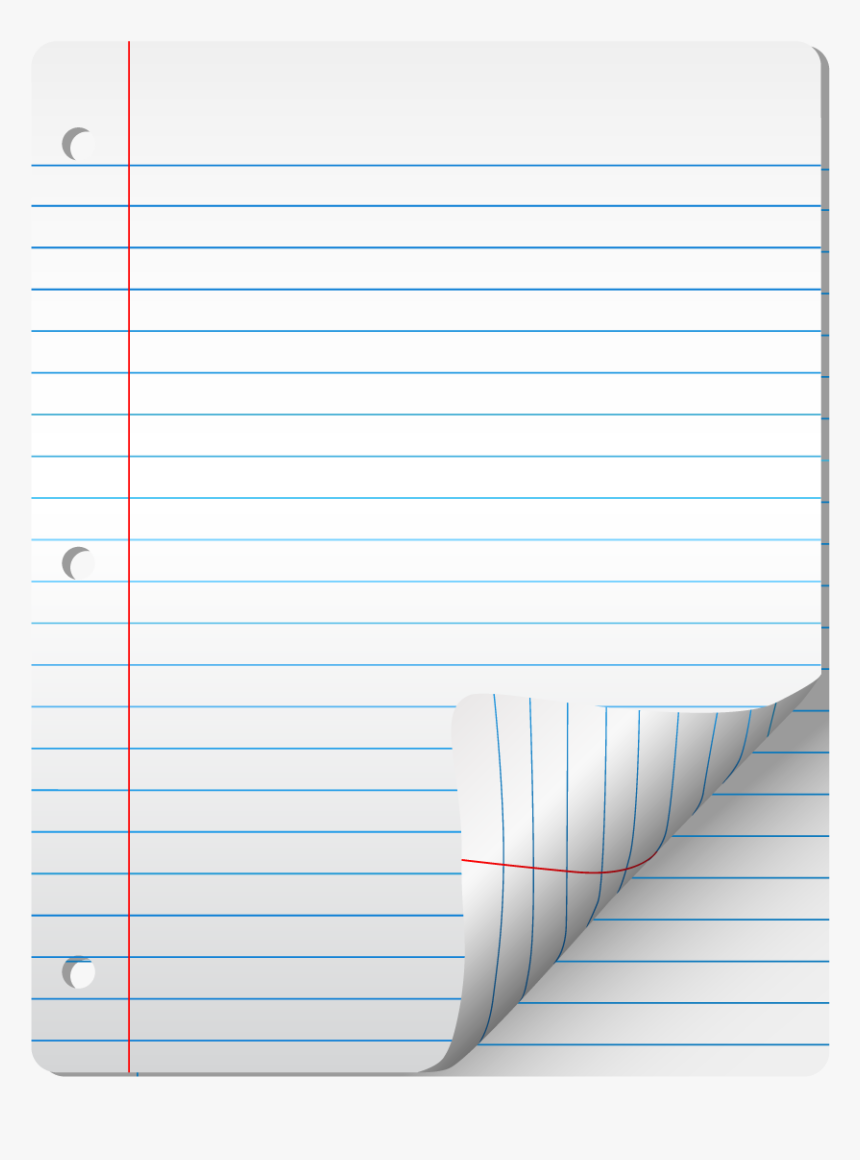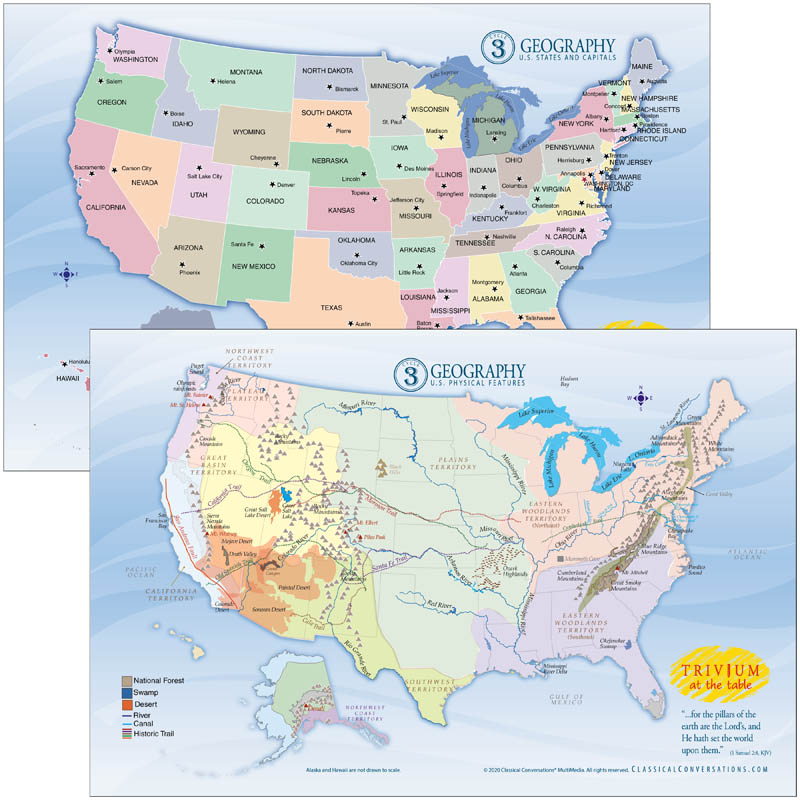Comment dit-on "Hello" en français?
'Bonjour'!
Name the cultural action that the French use to greet their close friends and family.
"La-Bise"
In the date, which comes first: the number of the day or the month?
'The number of the day'

Cinq (5) livres (m)
Recite the following singular subject pronouns in French; I, you, he/it she/it.
Je, Tu, Il, Elle.
What does the verbe 'être' mean?
"To be" OR "To exist"
Comment dit-on "Good evening" en français?
How would you state your name and say "it's nice to meet you" en français?
'Je m'appelle (.......)', enchanté(e).
Comment dit-on: "Today it's the..." en français?
"Aujourd'hui c'est le..."

une (1) feuille de papier (f)
Which pronouns are used for the singular, masculine and feminine third person?
Il and elle.
Write the form of être that matches the 2nd person, singular subject pronoun.
-es (ex: Tu es)
Traduisez-vous les adieux: à bientôt; à toute à l'heure.
'See you soon' and 'See you later'
When asking someone for their name, which phrase would you use?
'Comment tu t'appelles'?
Nommez le jours de la fin de la semaine, en français. Name the days of the WEEKEND.
Vendredi, Samedi, Dimanche -OR- Samedi, Dimanche.

Deux (2) cartes (f)
Recite the following plural subject pronouns, en français: you, we, they (m), they (f).
Vous, Nous, Ils, Elles.
Write the form of être that matchs the plural, first person subject pronoun.
-sommes (ex: Nous sommes)
How would you say 'See you tomorrow' to your teacher?
à demain!
What is the most formal way to ask someone how they are? The least formal?
'Comment allez-vous?'
'Comment ça va' or just 'ça va'
Nommez les jour de la semaine, en français. Name the WEEK days.
lundi, mardi, mercredi jeudi, dimanche

dix (10) crayons (m)
Which subject pronoun do we use for a group of nouns that are masculine AND feminine?
Ils.
Comment dit-on "he is' et "she is" en français?
C'est quoi la différence entre "Bonjour" et "Bonsoir"? What's the difference between 'Bonjour' et 'Bonsoir'?
Bonjour is used while the sun is shining. Bonsoir is used when the sun sets.
Traduisez la phrase: "I'm doing well! And you? (informal)
" Je vais bien, et toi?".
Traduisez la phrase: Tomorrow, it's the 8th of November.
Demain c'est le 8 (huit) Novembre.
six (6) élèves (mf)
Identifiez le sujet de la phrase: Mademoiselle Abdul parle à Monsieur Foppoli.
Mademoiselle Abdul.
Traduisez la phrase: She is very smart!
Elle est très intelligent!
Comment dit-on "Have a good day Mademoiselle, see you tomorrow!".
"Bonne journée Mademoiselle, à demain"!
Traduisez la phrase: "Hello! I'm doing well, thanks! And you Ms?".
Bonjour! Je vais bien, merci! Et vous Mademoiselle?
Quelle est la date aujourd'hui?
Aujourd'hui c'est Lundi le sept (7), Novembre.

une (1) calculatrice (f)
Identifiez le(s) sujet(s): Mlle. Abdul, M. Foppoli et Mme. Roberts dansent au Jag café.
Mlle. Abdul, Mme. Roberts et M. Foppoli.
Recite the following, en français: I am, You are (singular), He/She/ It is, We are, You are (plural), They are (m), they are (f).
Je suis, Tu es, Il est, Elle est, Nous sommes, Vous êtes, Ils sont, Elles sont.